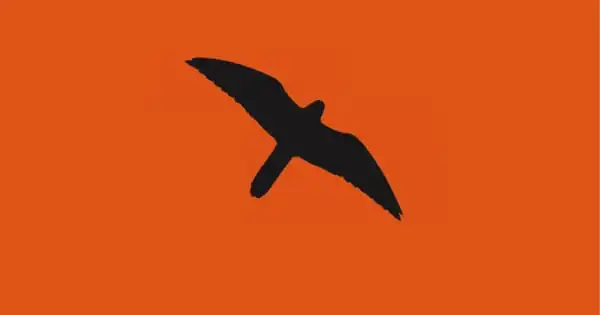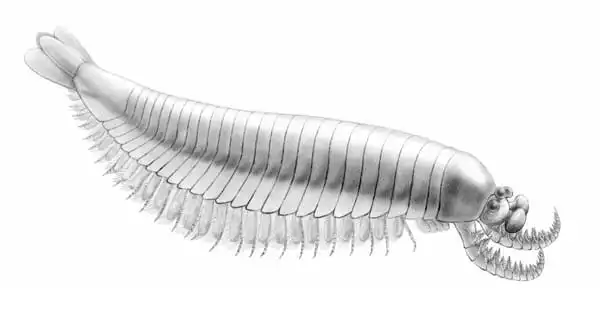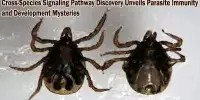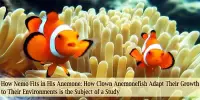Observing generosity in the crow family indicates parallels with human evolution. Working together to rear offspring, as well as enhanced tolerance for group members, contribute to the emergence of charitable behavior among ravens, crows, magpies, and others. Corvids’ social lives, according to biologists, are a critical influence in whether the birds act generously or not.
Ravens, crows, magpies, and their relatives are noted for their extraordinary intelligence, which enables them to solve complicated issues, use tools, and outwit their conspecifics. However, one trait that we humans strongly appreciate appears to be missing from their behavioral repertoire: generosity. Only a few species of crow have been discovered to act generously in experimental paradigms thus far, although extremely clever ravens, for example, have demonstrated egoistic tendencies in several studies.
Lisa Horn of the University of Vienna’s Department of Behavioral and Cognitive Biology and an international team of researchers could now demonstrate, along with Jorg Massen of Utrecht University and an international team of researchers, that the social life of corvids is a critical factor in whether the birds benefit their group members or not.
Spontaneous generosity, without expecting anything in return, is a cornerstone of human civilization, the evolutionary underpinnings of which are yet unknown. One theory holds that collaboratively rearing offspring may have aided the emergence of a willingness to assist group members in early human groupings. Another theory proposes that such charitable behavior was only feasible because of improved tolerance toward group members and a lower level of hostility.
Lisa Horn
“Spontaneous generosity, without expecting anything in return, is a cornerstone of human civilization, the evolutionary underpinnings of which are yet unknown. One theory holds that collaboratively rearing offspring may have aided the emergence of a willingness to assist group members in early human groupings. Another theory proposes that such charitable behavior was only feasible because of improved tolerance toward group members and a lower level of hostility. While researchers discovered evidence for both ideas when studying other non-human primates, results from other animal taxa have yet to be discovered” Lisa Horn, the lead author, explains.
That’s why Horn and her colleagues studied charitable behavior in a variety of crow species. Some of the examined species rear their offspring cooperatively, whereas others do not. Furthermore, some of the species nest in close proximity to their conspecifics, displaying their high levels of tolerance, whereas other species carefully guard their territory against other members of their own species.
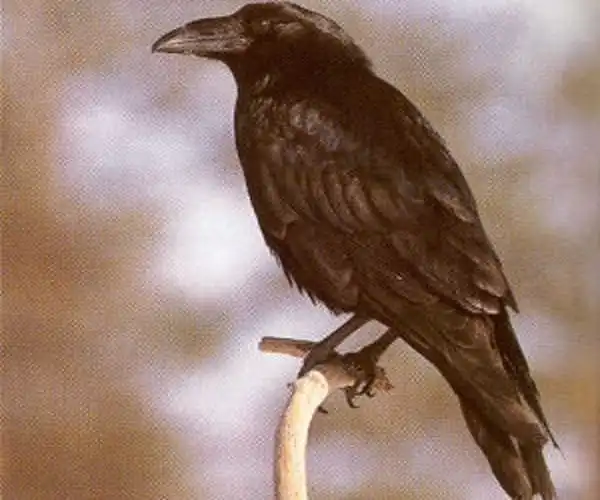
In the experiment, the birds used a seesaw mechanism to bring food within reach of their group members by landing on a perch. If the birds had wanted to eat the food, they would have had to leave the perch, and the seesaw would have tilted back, putting the food out of reach once more. Because the birds were unable to obtain food for themselves, the authors contended that only truly kind birds would continue to distribute food to their group members across numerous trial sessions.
Raising offspring cooperatively and high tolerance as driving factors for generosity
It became clear that this behavior was especially prominent in corvid species that collaborate to nurture their pups cooperatively. The researchers discovered evidence for the concept that great tolerance towards conspecifics is necessary for the emergence of generous conduct in male birds. Males from species that frequently nest in close proximity to one another were especially generous. These findings appear to corroborate the ideas that cooperative parenting and increasing levels of tolerance may have aided in the development of generous inclinations not only in humans, but also in other species.
“What fascinates me the most is that evolutionary factors extremely similar to those found in our human ancestors appear to have favored the formation of generous conduct in creatures that are so different from humans,” Horn says. More research with different bird species, such as comparably clever parrots, or other animal taxa is required to study these linkages further.
